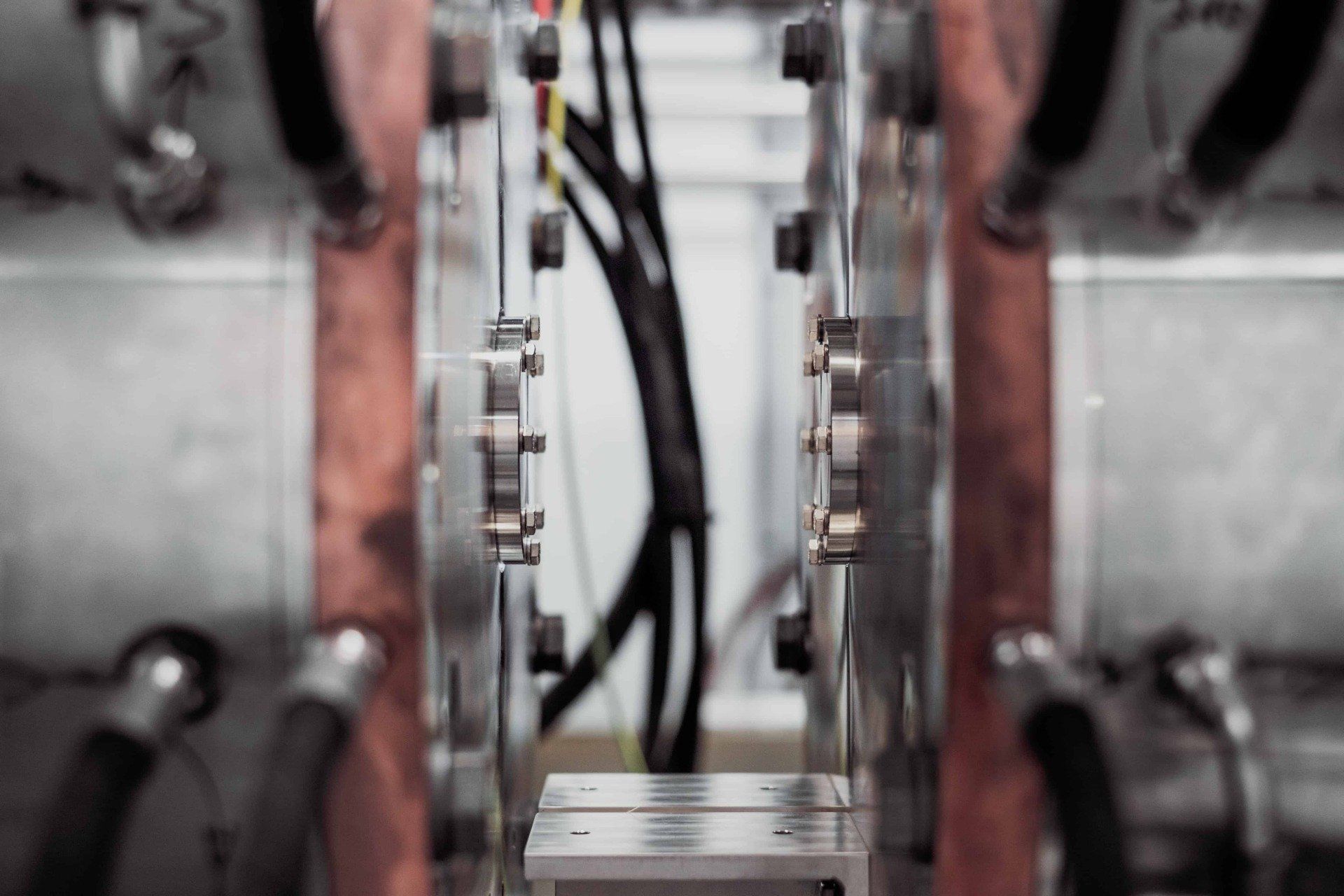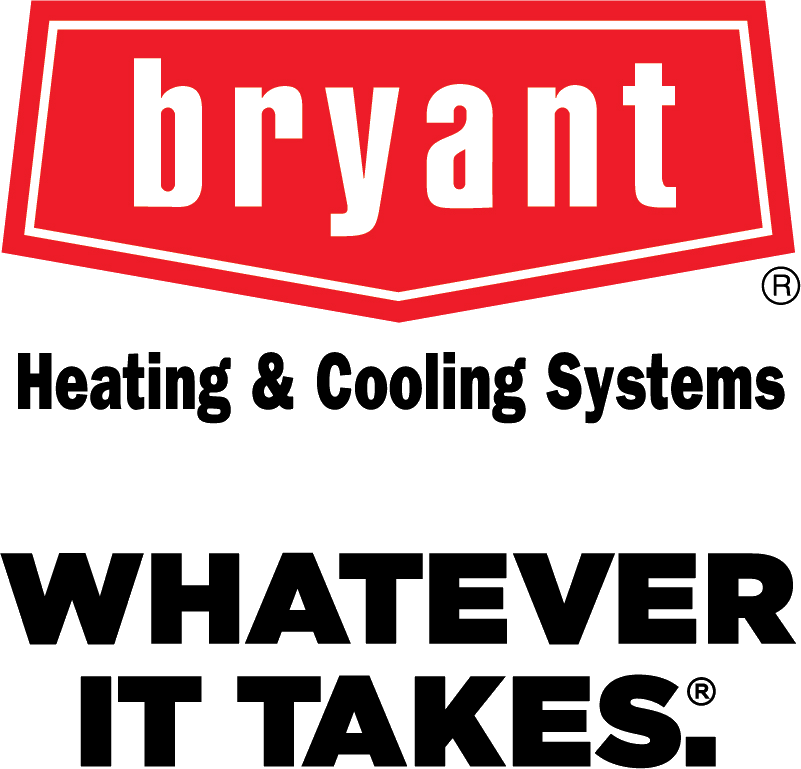
Frequently Asked Questions About Boiler Systems – What to Know
When you are considering purchasing a particular house, whether it’s old or new, checking the boiler system is always crucial step before you make a deal. If you have no clue what boiler systems are and what you should be looking for, there’s no need to worry. In this article, you will learn the basics of boiler systems and what you need to know about them when considering a home. Here is a list of questions that are commonly asked about boiler systems as well as their answers:
Do boilers boil water?
Most people think that the boilers actually boil water. However, this is nothing more than a myth. Even though it is called a “boiler,” the modern system no longer involves the boiling of water to yield steam. Although this was the norm back in the day, the current system is much more sophisticated and involves using natural gas to heat the water.
How do boilers provide heat?
Boilers warm objects by producing radiant heat, rather than dispersing heat in the air like an air furnace. In that case, objects will absorb heat much slower. Some people prefer boilers because of the balanced heat in the house. Additionally, during winter times, you can control the room temperature at low degrees, but you’ll still feel comfortable in the warm air from the radiant heat.
What are the most important things to consider when installing a boiler heating system?
There are several crucial things that you need to consider when it comes to choosing a boiler heating system. The first thing is the model of your boiler. If you want it to be vented through metal pipe, a standard efficiency model would be enough. If you want a boiler with PVC pipes, however, you should get a high-efficiency model. Next to consider is the kind of radiators used. You need to know the radiator type that you have, whether it is fin tube, baseboard, or cast iron. Moreover, other little things can be important too. For example, you need to consider who is going to be responsible for the maintenance. Will you be learning how to keep it maintained on your own, or will you get a professional to handle the maintenance for you?
Why do boilers break or stop working?
The common reasons for this would be the malfunction of pumps and electrical components such as controls, thermostat, and others. Another common thing that can cause your boiler to stop working is a low water pressure or too much air getting into the system.
Do boilers prevent humidity problems?
The answer is both yes and no. If you have cast iron radiators, it is possible that your boiler system can remove humidity as it utilises indoor air for combustion. You can also bring in fresh air inside your house by installing a combustion air inlet (CAI). However, if you have a low-efficiency boiler, your home could be dry out because it will use the indoor air to produce heat. On the other hand, a high-efficiency boiler won’t create that problem since it uses outdoor air for combustion.
What is the risk of burns associated with using hot water for heating?
If you set an appropriate water temperature, there is little-to-no risk at all. The temperature of water depends on the setting and the type of radiators that you use. If you have an old cast iron radiator, there is a high chance for the water to be much too hot if you set the water temperature too high.
Do boilers waste water or energy?
Since boilers are sealed systems, they do not waste water or energy. This is especially true when it comes to modern boiler systems. You don’t have to worry about wasting water or energy because the performance is as efficient as any gas forced-air furnace.
We specialize in boiler system installation & repair in Chicago – get in touch today to see how we can help & for a free consultation.











